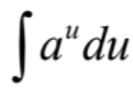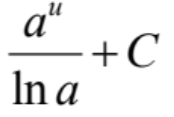AP Calc BC formula quiz
1/48
Earn XP
Description and Tags
Name | Mastery | Learn | Test | Matching | Spaced | Call with Kai |
|---|
No analytics yet
Send a link to your students to track their progress
49 Terms
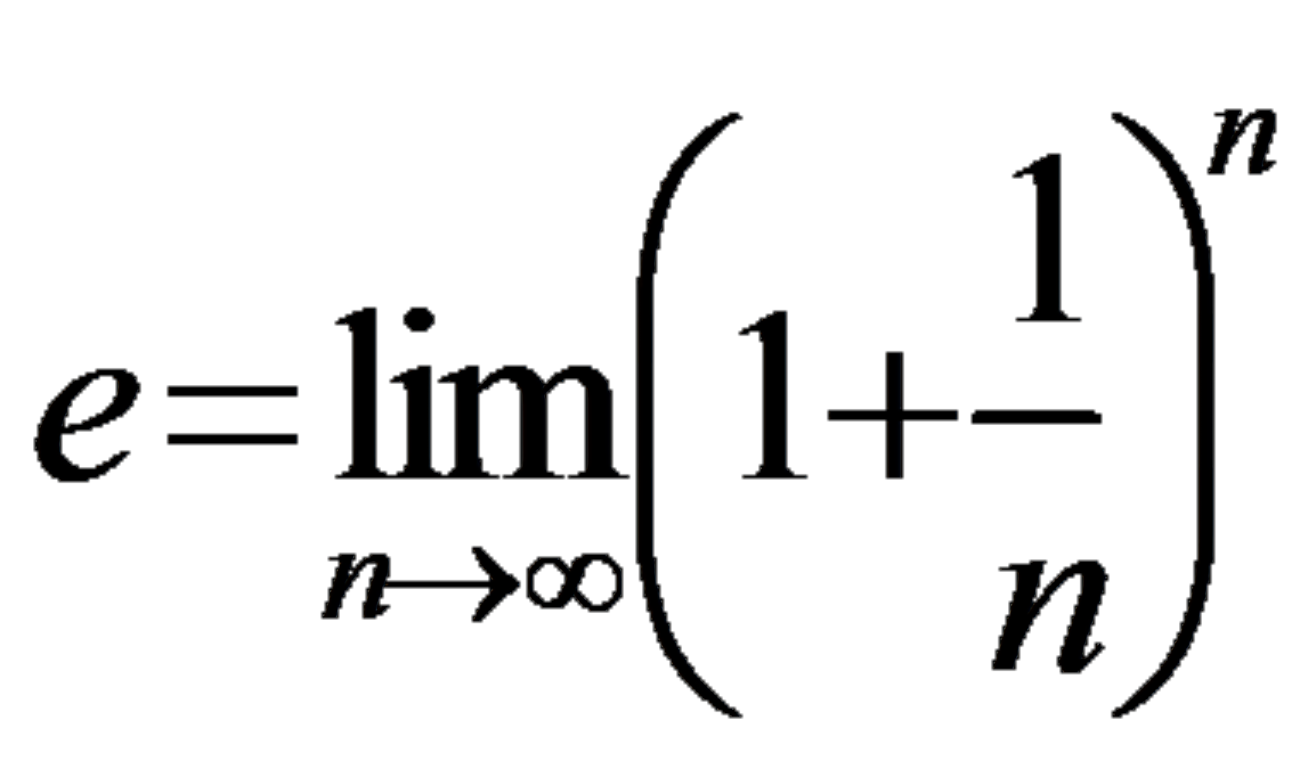
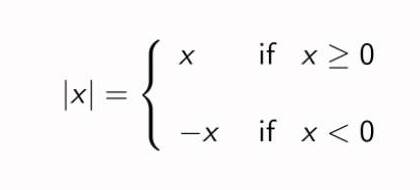




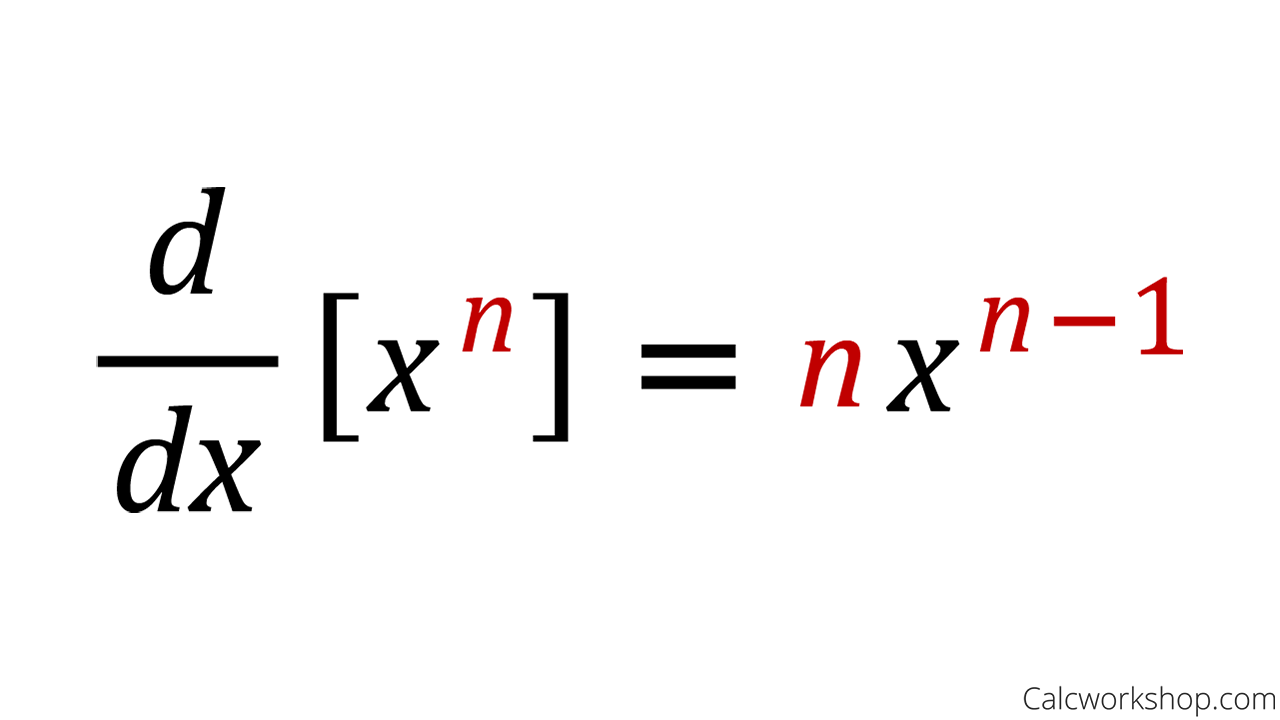
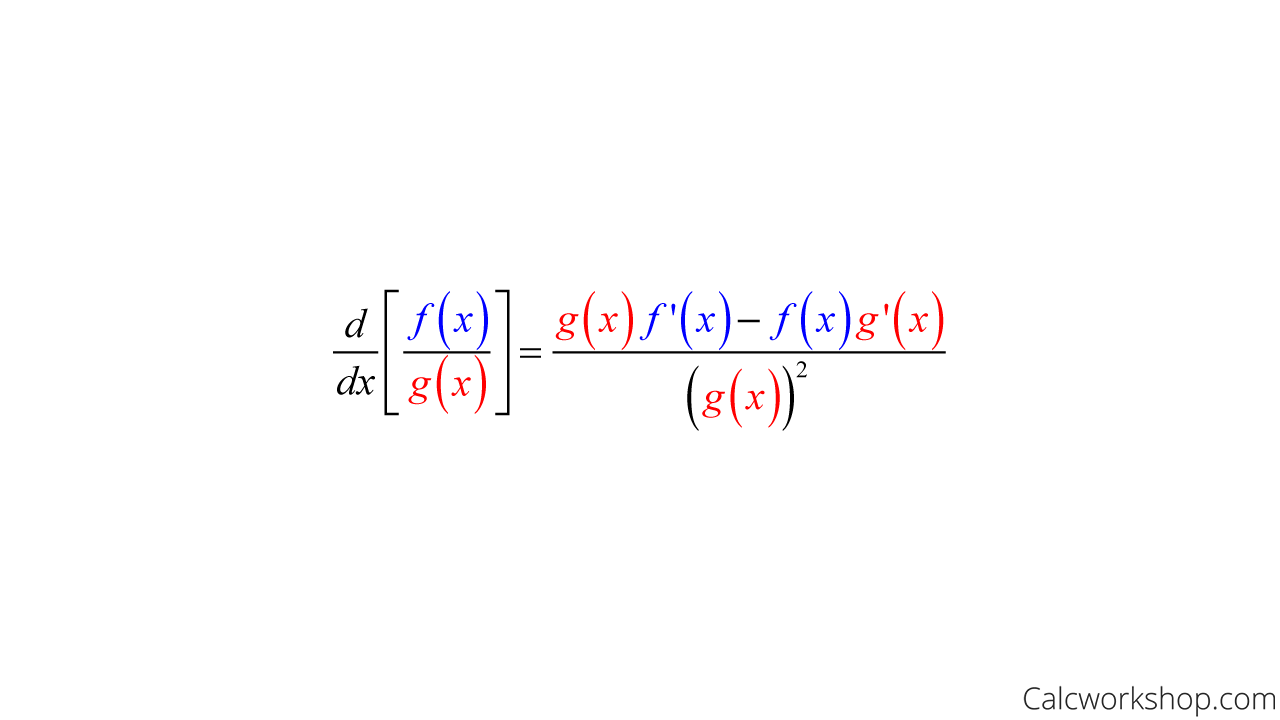
Rolle’s Theorem

Mean Value Theorem (MVT)

definition of a critical number

definition of increasing functions

definition of decreasing functions

Test for Increasing and Decreasing functions

First Derivative Test

Second Derivative Test

definition of definite integral


integral of …
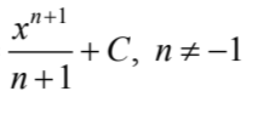
∫cos u du
sin u + c
∫sin u du
-cos u + c
∫sec²u du
tan u + c
∫sec u tan u du
sec u + c
∫csc²u du
-cot u + c
∫csc u cot u du
-csc u + c
first fundamental theorem of calculus
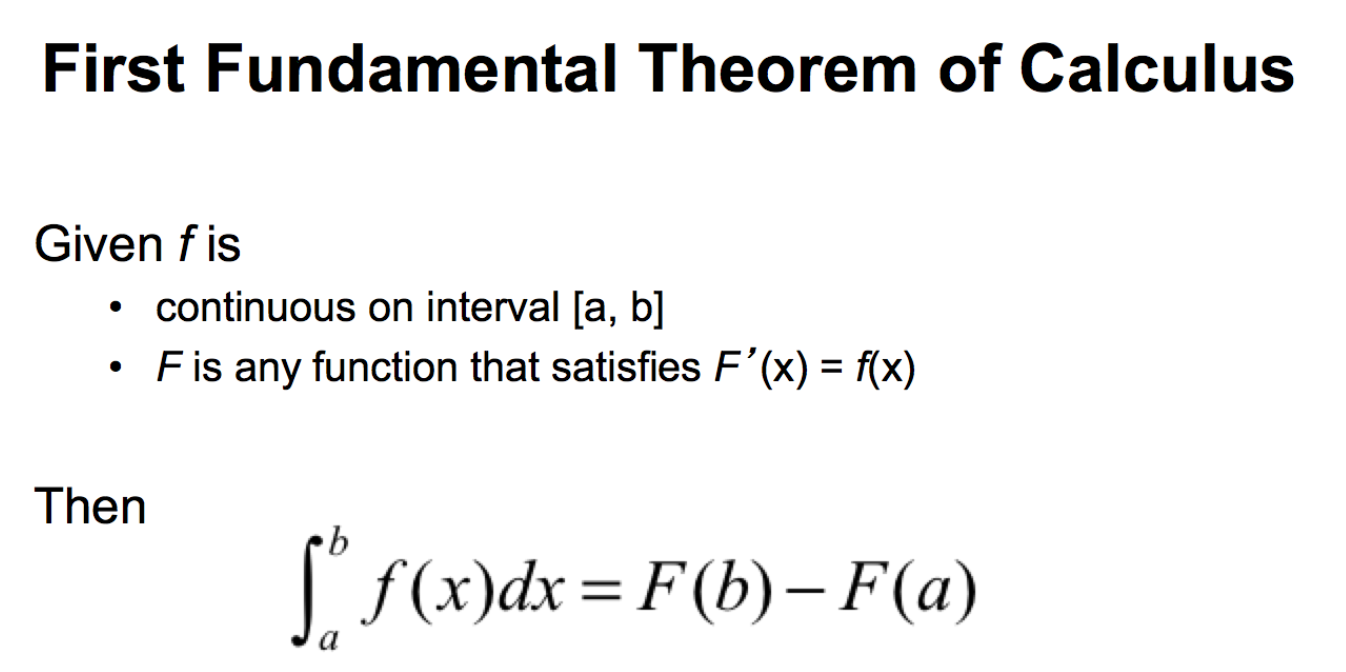
second fundamental theorem of calculus

integral chain rule

average value of f(x) on [a,b]

derivative of inverse function d/dx [(f^-1)(u)]
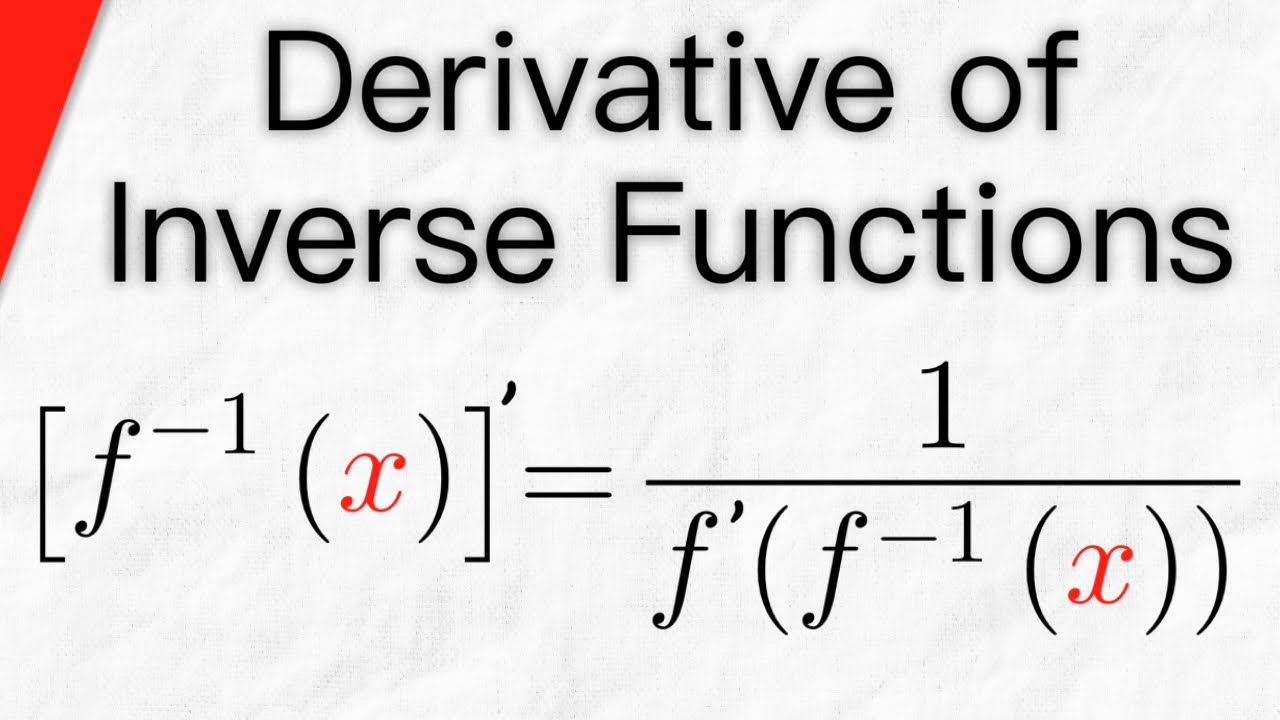
d/dx [ln u]

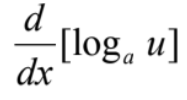
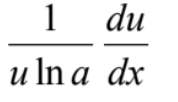

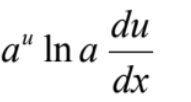

ln |u| + C
∫tan u du/dx
-ln |cos u| + C
∫sec u du/dx
ln |sec u tan u| + C
∫cot u du/dx
ln |sin u| + C
∫csc u du/dx
-ln |csc u + cot u| + C


